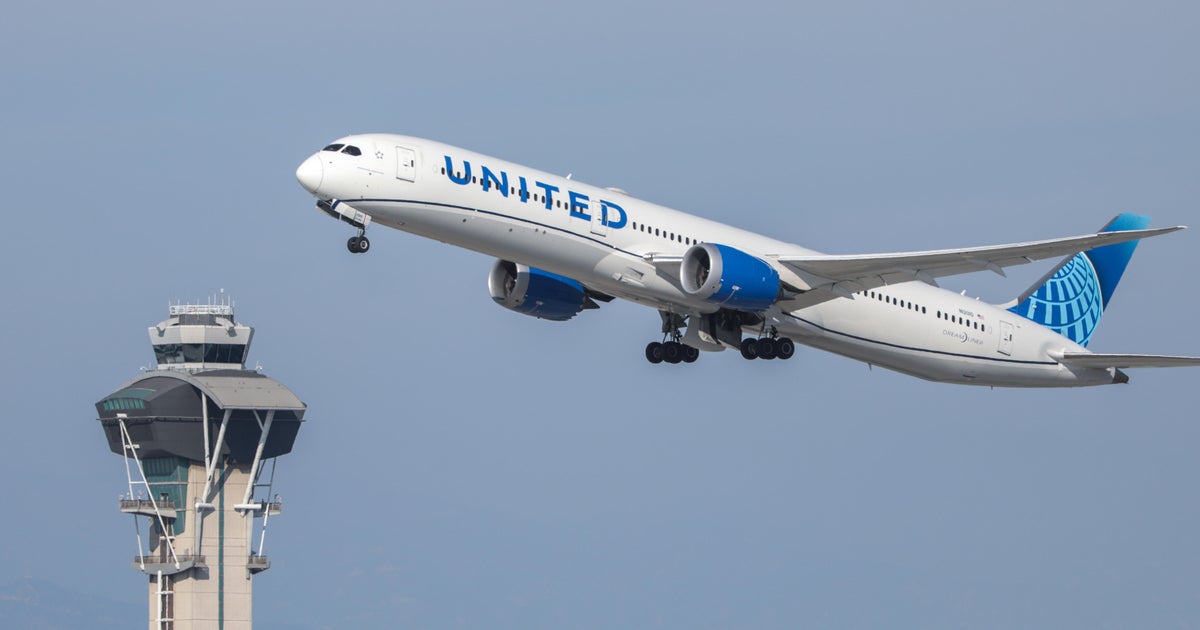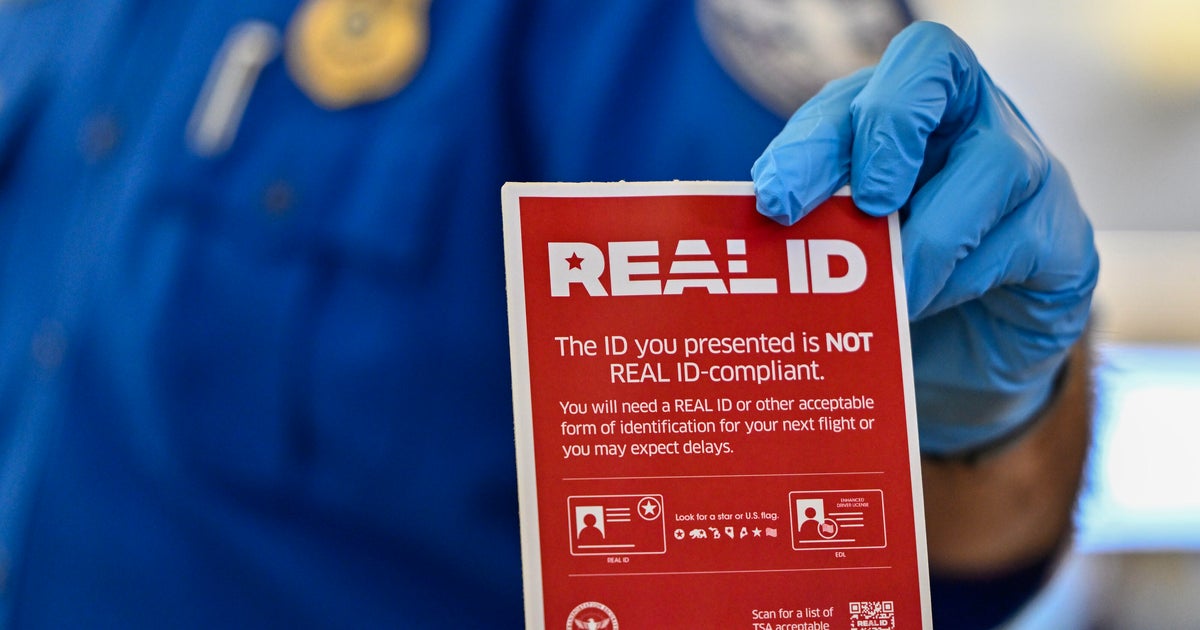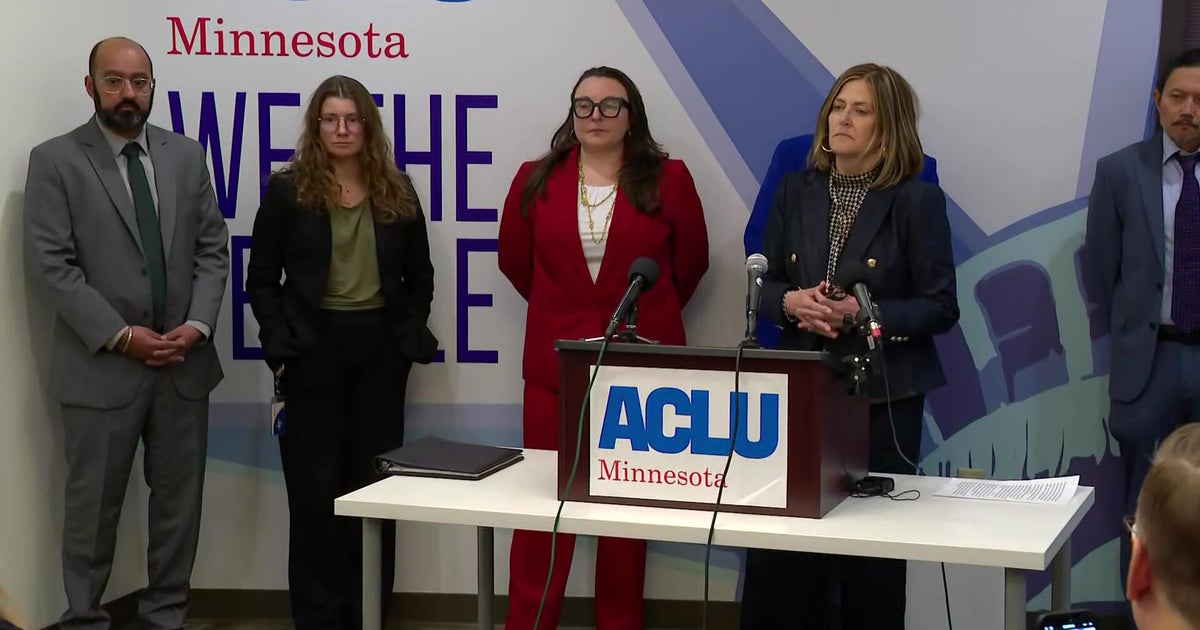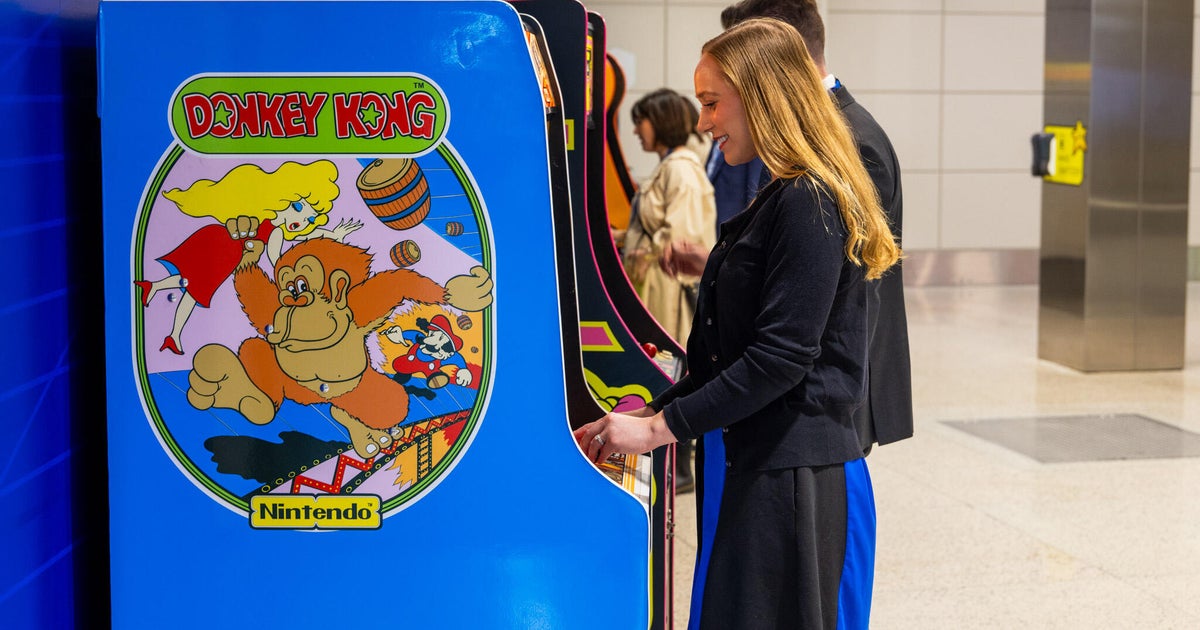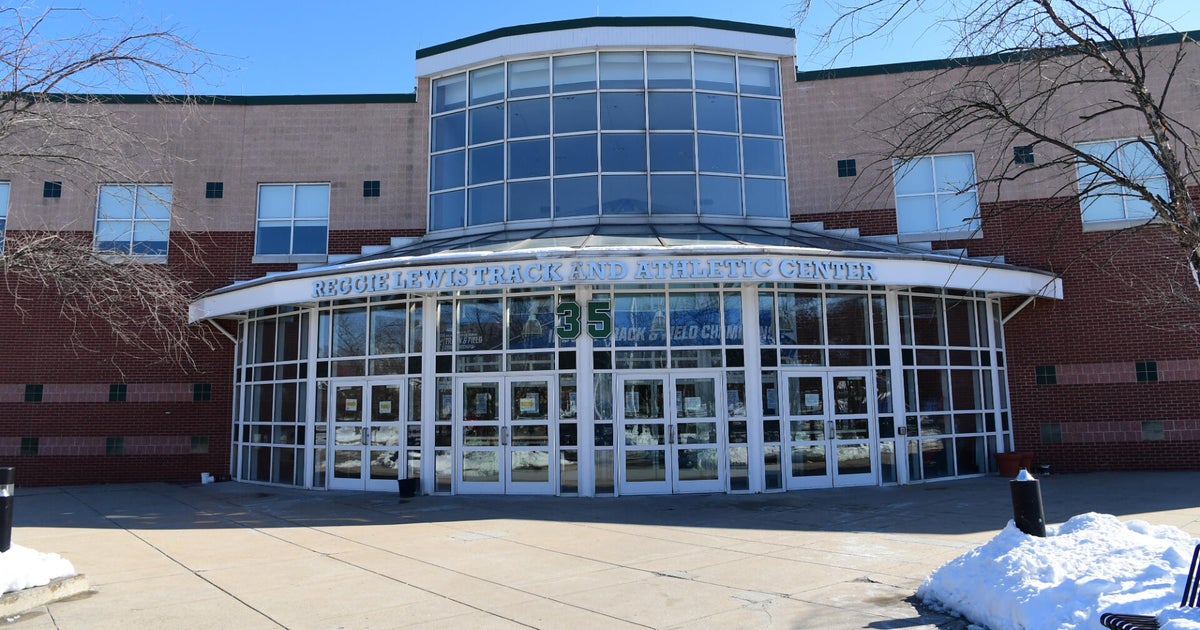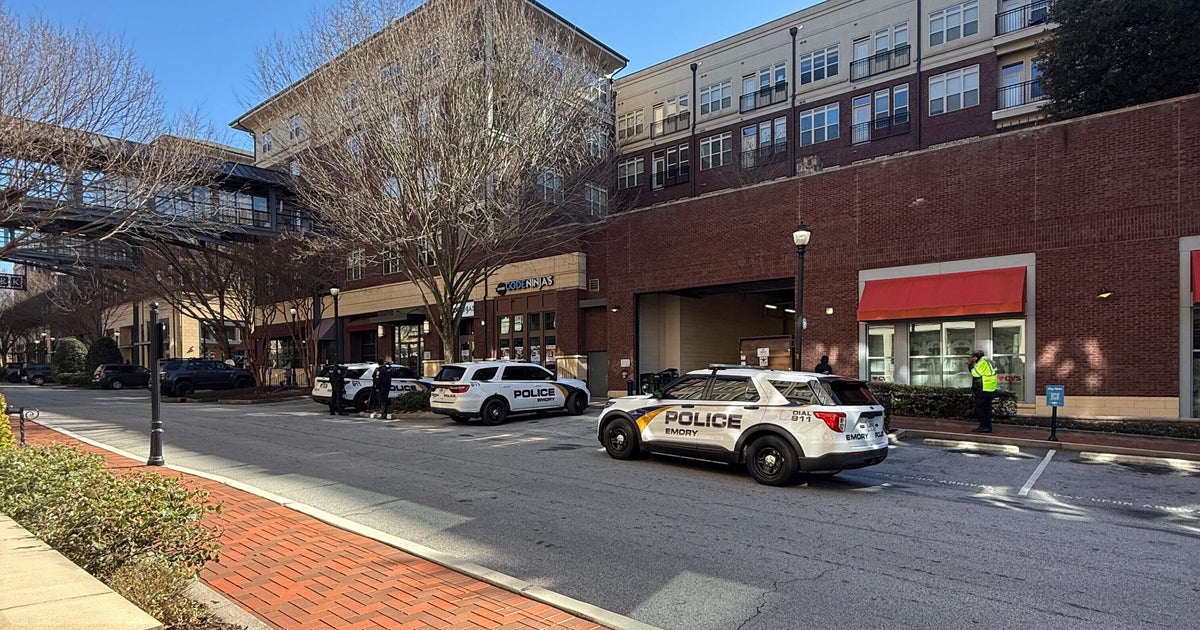JFK, Newark Liberty Among 5 U.S. Airports On Lookout For Ebola
NEW YORK (CBSNewYork/AP) -- Homeland Security agents at U.S. airports and other ports of entry are beginning to observe travelers coming into the United States for potential signs of Ebola infection and handing out fact sheets about the disease.
A new layer of screening is being implemented at five U.S. airports that receive more than 94 percent of travelers from the Ebola-affected nations of Guinea, Liberia and Sierra Leone, the U.S. Centers for Disease Control and Prevention said. The airports are John F. Kennedy and Newark Liberty, Dulles outside Washington, O'Hare in Chicago and Hartsfield-Jackson in Atlanta.
JFK, which receives nearly half of travelers from the three West African countries, will start heightened Ebola screenings Saturday, and Newark next week, CBS 2's Jessica Schneider reported.
JFK, Liberty Among 5 U.S. Airports On Lookout For Ebola
Customs and Border Protection agents at the five airports will check passports, take travelers from Guinea, Liberia, and Sierra Leone to a special screening area, observe them for signs of illness and ask them a series of questions about their health and possible exposure to Ebola.
"It is also a robust visual inspection of individuals who are coming from these countries; questionnaires that they're going to have to fill out," said U.S. Sen. Robert Menendez (D-N.J.)
If any red flags are raised, they would then be evaluated at a CDC quarantine station.
WEB EXTRAS: U.S. Fact Sheet On Ebola | More Information About Ebola From CDC
The CDC is sending additional staff to the five airports.
"Taking temperatures and learning more about passengers coming here from West Africa will provide another necessary line of defense against this epidemic," U.S. Sen. Charles Schumer (D-N.Y.) said in a statement Wednesday. "When it comes to Ebola, you can't be too careful. As we saw in Dallas, all it takes is one case to discombobulate an entire city."
Temperatures would be taken using noncontact thermometers, CBS 2's Alice Gainer reported.
JFK, Liberty Among 5 U.S. Airports On Lookout For Ebola
The announcement about the tighter screening measures came on the same day when Thomas Eric Duncan, the only person to be diagnosed with Ebola in the United States, died at a Dallas hospital. Duncan passed an airport health screening in Liberia, where doctors measured his temperature as normal and found no signs of Ebola symptoms. But a few days after he arrived in Texas, he began to have a fever, headache and abdominal pain.
On Wednesday, a local sheriff's deputy was also taken to a Dallas hospital after he started to feel sick. He had been to Duncan's apartment.
A total of 10 people who had contact with the deputy were being monitored for symptoms Wednesday night.
Speaking at an airport security conference outside Washington, Homeland Security Deputy Secretary Alejandro Mayorkas said Wednesday that Customs agents are handing out information sheets to travelers with details of what symptoms to look for and directions to call a doctor if they become sick within 21 days -- the incubation period for Ebola.
The fact sheets specifically address those travelers arriving from the countries affected by the disease.
"You were given this card because you arrived to the United States from a country with Ebola," the fact sheet says. It tells passengers to "please watch your health for the next 21 days" and to "take your temperature every morning and evening, and watch for symptoms of Ebola" listed on the information sheet.
CBS 2's Dr. Max Gomez said the first signs of Ebola that doctors look for are sudden onset of fever, fatigue, muscle pain, headache and sore throat, followed by vomiting, diarrhea and a rash. As the disease progresses, patients experience impaired kidney and liver function and, in some cases, both internal and external bleeding.
Many people at Kennedy Airport on Wednesday welcomed the extra layer of screening.
"Go ahead," one woman told WCBS 880's Marla Diamond. "It's better to be safe than sorry."
"We've got to do something," a man told 1010 WINS' Holli Haerr.
"You can't be too sure," another woman added. "You can't be too safe."
But Lawrence Gostin, a professor of global health law at Georgetown University, said he doesn't think it's the most effective measure, adding there could be a lot of false positives.
"We're entering peak influenza season, so people will be coming in with fevers, and you can always take a Tylenol before you disembark to game the system," he told Diamond.
"But what it might do is reassure the public, and we're doing it in the most modest way," Gostin added.
The Obama administration has wrestled in recent weeks with what it can do, since arriving passengers may not be symptomatic when they arrive.
Secretary of State John Kerry made an urgent appeal Wednesday for nations to "step up" their response to the outbreak of the deadly Ebola virus. He said more money, equipment and personnel are needed now.
Kerry said progress against the disease is being made, but far too slowly and that the world is not where it needs to be in stemming Ebola's spread.
Speaking with British Foreign Secretary Philip Hammond, Kerry said it is essential for airlines to keep flying to West Africa and for borders to remain open to allow for the movement of assistance and medical staff.
CDC Director Dr. Tom Frieden agreed.
"It makes it hard to get health workers in, because they can't get out," he said. "If we make it harder to respond to the outbreak in West Africa, it will spread not only in those three countries but to other parts of Africa and ultimately increase the risk here."
You May Also Be Interested In These Stories
(TM and © Copyright 2014 CBS Radio Inc. and its relevant subsidiaries. CBS RADIO and EYE Logo TM and Copyright 2014 CBS Broadcasting Inc. Used under license. All Rights Reserved. This material may not be published, broadcast, rewritten, or redistributed. The Associated Press contributed to this report.)

